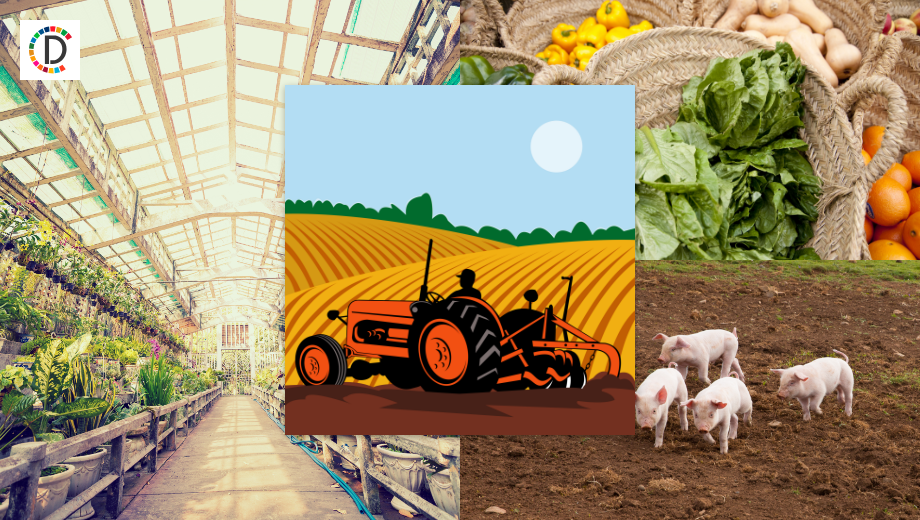The Uneasy Alliance: Illegal Soy Farming on Indigenous Lands in Brazil
Farm cooperatives in Brazil are allegedly buying soybeans illegally grown on Indigenous lands, violating land rights and causing conflict. A combination of inadequate legal enforcement, economic necessity, and lack of government support fuels this practice. Major agricultural firms, despite their pledges, struggle to trace the origins of the soy they purchase.

Brazilian farm cooperatives are reportedly purchasing soybeans grown illegally on Indigenous lands, leading to severe land rights violations and community conflicts. Despite public commitments to respect Indigenous territories, multinational agricultural firms find it challenging to verify the origins of their soybean supplies fully.
In Brazil, Indigenous lands, constituting about 13% of the country's territory, are meant for exclusive use by Indigenous communities. However, these protections aren't enforced due to gaps in the penal code. As a result, commercial farming has expanded, generating contentious debates and violent clashes.
This disputed soy production is primarily conducted by leasing lands to non-Indigenous farmers, a practice driven by economic hardships faced by Indigenous people. The resulting soybeans are sold to cooperatives and multinational companies, making it difficult to audit supply chains effectively. Despite court rulings and federal charges, the issue persists, reflecting deeper systemic issues within Brazil's agricultural sector.
(With inputs from agencies.)










